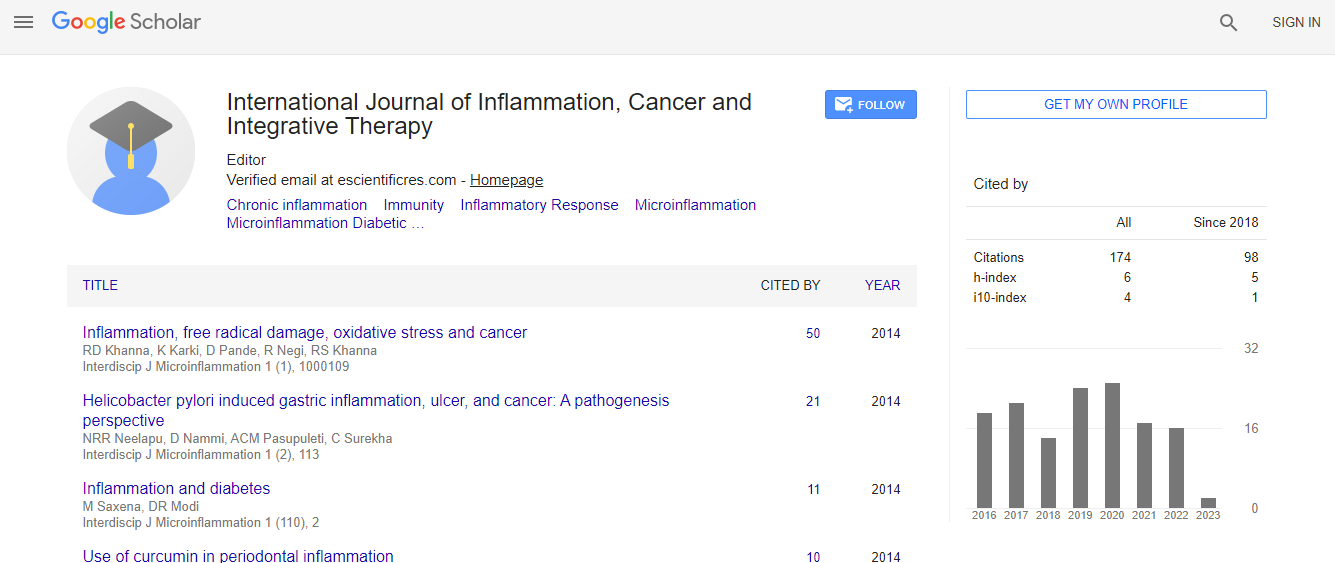study the relation between Helicobacter pylori infection and esophageal cancer
*Corresponding Author:
Copyright: © 2020 . This is an open-access article distributed under the terms of the Creative Commons Attribution License, which permits unrestricted use, distribution, and reproduction in any medium, provided the original author and source are credited.
Abstract
Abstract:Esophageal adenocarcinoma (EAC) is etiologically associated with gastroesophageal reflux disease (GERD). There is evidence to support the sequence GERD, Barrett's esophagus (BE), dysplasia, and finally EAC, with Helicobacter pylori (H. pylori) being implicated in each step to EAC. On the other side of this relation stands the hypothesis of the protective role of H. pylori against EAC. Based on this controversy, our aim was to review the literature, specifically original clinical studies and meta-analyses linking H. pylori infection with EAC, but also to provide our personal and others' relative views on this topic. From a total of 827 articles retrieved, 10 original clinical studies and 6 meta-analyses met the inclusion criteria. Original studies provided inconclusive data on an inverse or a neutral association between H. pylori infection and EAC, whereas meta-analyses of observational studies favor an inverse association. Despite these data, we consider that the positive association between H. pylori infection and GERD or BE, but not EAC, is seemingly a paradox. Likewise, the oncogenic effect of H. pylori infection on gastric and colon cancer, but not on EAC, also seems to be a paradox. In this regard, well-designed prospective

 Spanish
Spanish  Chinese
Chinese  Russian
Russian  German
German  French
French  Japanese
Japanese  Portuguese
Portuguese  Hindi
Hindi 
